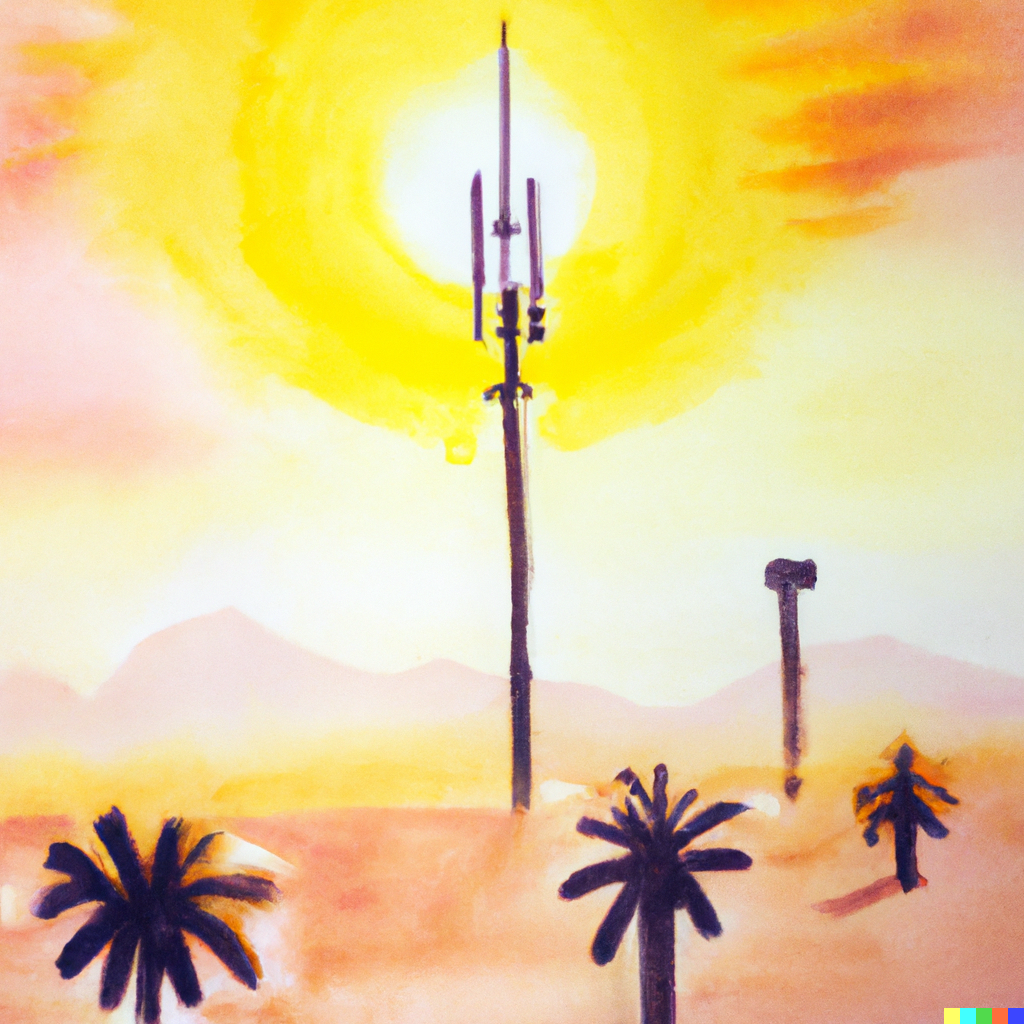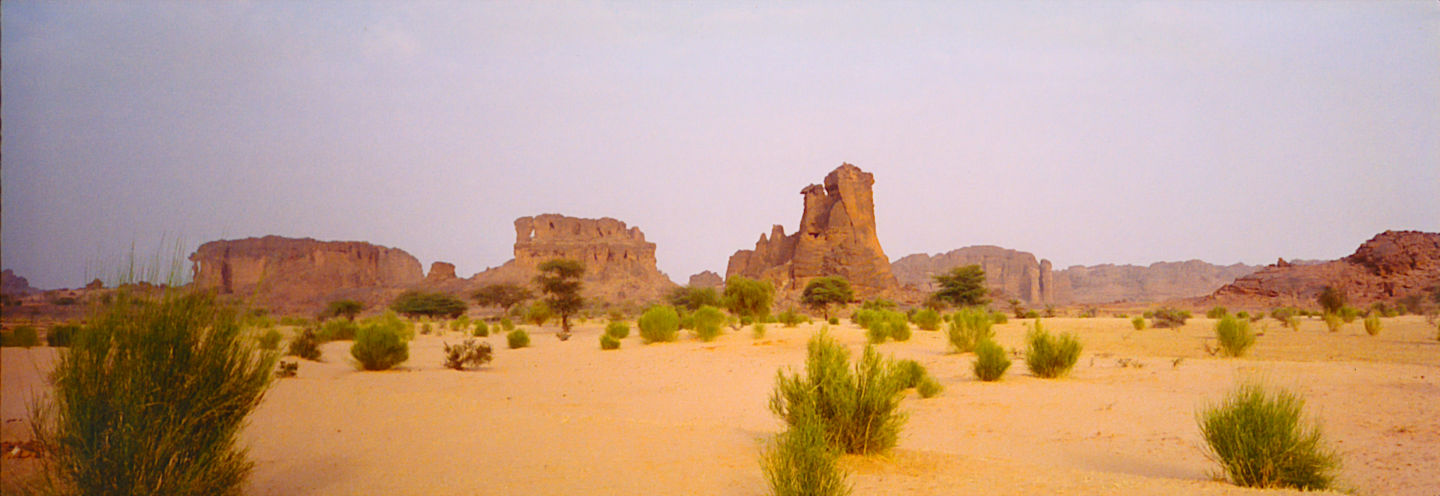It was during my Peace Corps service that mobile phones really spread through Mauritania. There may have been cell phones in Nouakchott and a couple bigger towns—Nouadhibou and Kiffa, perhaps—but not in others, and certainly not in the villages. My town, Tintane, had no phones, fixed or cellular, and no access to the internet.

I like that my service was before internet access was widespread and before everyone had Facebook accounts. Social media generally makes me less happy now; I can’t imagine it would have improved my life back then.
I kept in touch with family and friends back home mostly by writing letters and occasionally emailing and calling home when I traveled to bigger towns, where some corner stores had public pay phones. The connection was always bad and had a long delay, up to maybe two or three seconds—enough to make conversation difficult. The line clicked every few seconds, counting up the cost of the call in real time. Some piece of analog wizardry would display the total number of clicks at the end of the call.
Sometimes the delay was so bad we’d take to saying “over” at the end of every statement to avoid awkwardly talking over each other all the time.
“I’m in Kiffa and doing well, over.”
“Are you healthy? Over.”
“For the most part, yes. Over.”
“Have a good trip home and be safe, over.”
“I will. I love you. Over.”
Despite taking some pleasure in being so disconnected, I was excited when cell phones swept across the country. I had just returned to Tintane from our Early-Term Reconnect (ETR—an in-service training) in Nouakchott when I heard the news:
February 4, 2002
Phones are coming to Tintane. Portables, too. (So I hear.) Back home, I had no desire for a cell phone. Why? But here the prospect excited me. Contact with friends! I could know what’s going on with the PC crew, and during the really hard times I could get in touch with someone.
Several weeks later, I had one. It happened quickly. The towers went up, stores with phones and SIM cards appeared in the market, and soon it seemed like everyone had a cell phone. I got one pretty quickly, too. The Peace Corps paid for it since it was a basic safety advantage to be able to get in touch directly in case of emergency
March 12, 2002
I’ve got a cell phone now, which is the strangest thing in these surroundings. It doesn’t change things much—I can’t afford to really talk to people very much, but for safety, making plans, and keeping in touch, it’s nice.
My stipend wasn’t enough to burn through minutes like crazy, and my Mauritanian neighbors for the most part didn’t have money to keep their credits up either. At the time, you paid only for outgoing calls so people quickly learned to call and hang up in the hopes that the other person—the loser—would call back.
Having the cell phone did give some peace of mind, but I remember feeling this absurd disappointment when it didn’t just start ringing out of blue, as if my friends and family should have magically known my phone number and rushed to get in touch. Its silence was more wrenching than its absence. I tried calling home on it a few times, but the connections were worse than the landline; eventually I used it only for domestic calls.
Having a phone and, later, easier access to email didn’t replace writing letters. They served different purposes. Phone calls were too quick: useful for check-ins and for hearing someone’s voice, but they couldn’t match the deliberateness and thoroughness of writing. Now, though, twenty years later, taking the time to talk to someone on the phone seems like a quaint, old-fashioned pursuit. And writing, sadly, seems absolutely aberrant.

